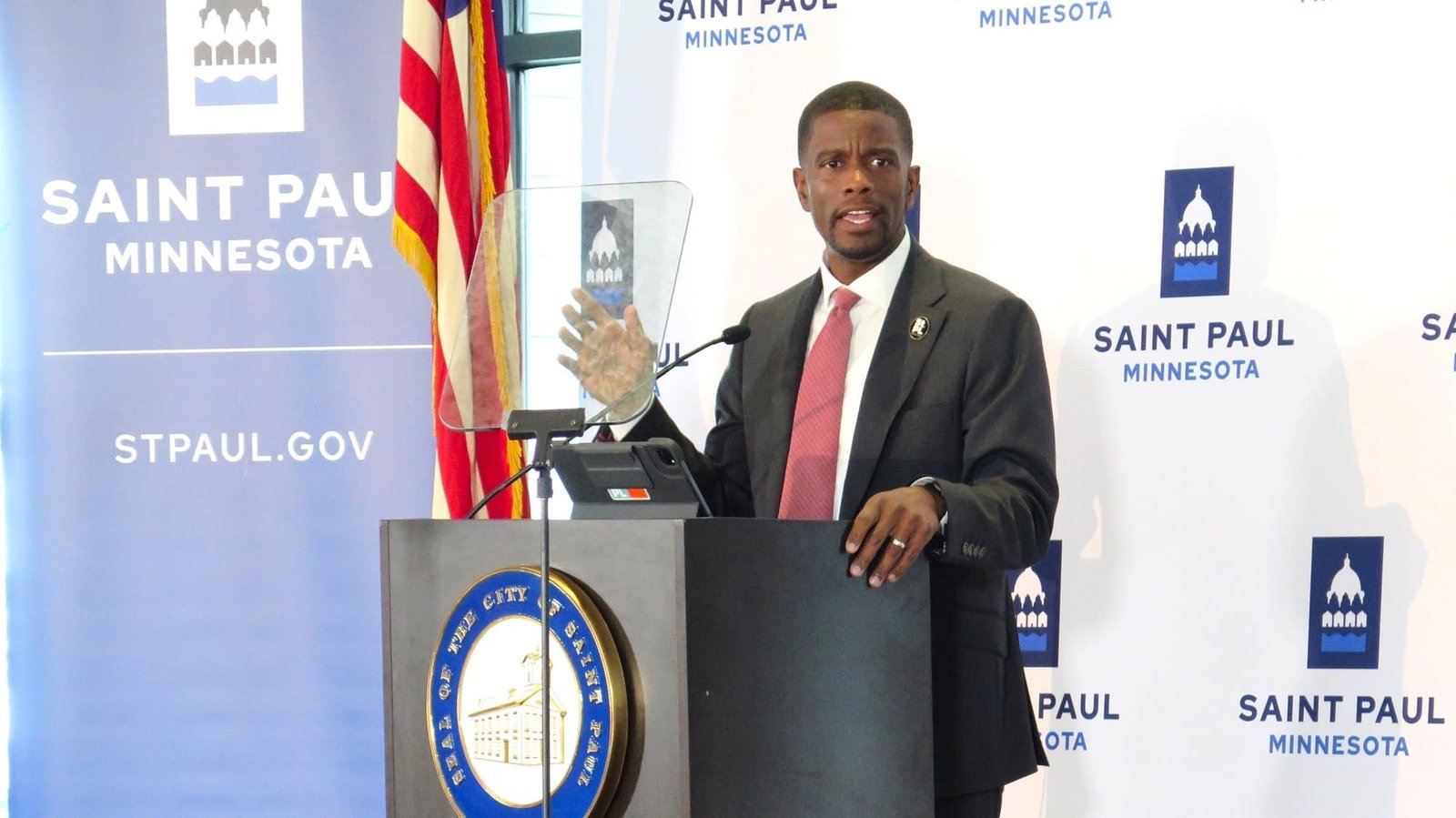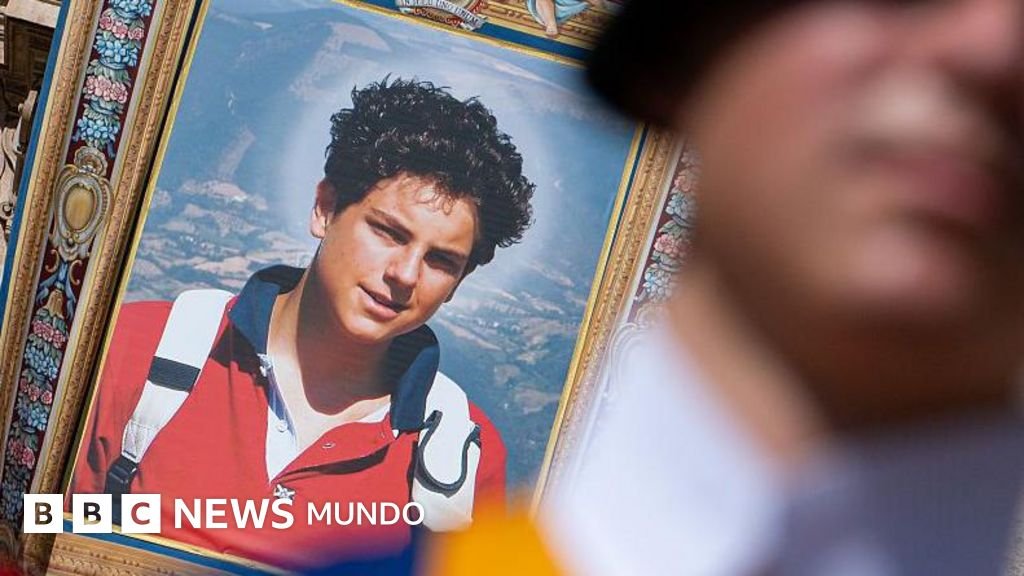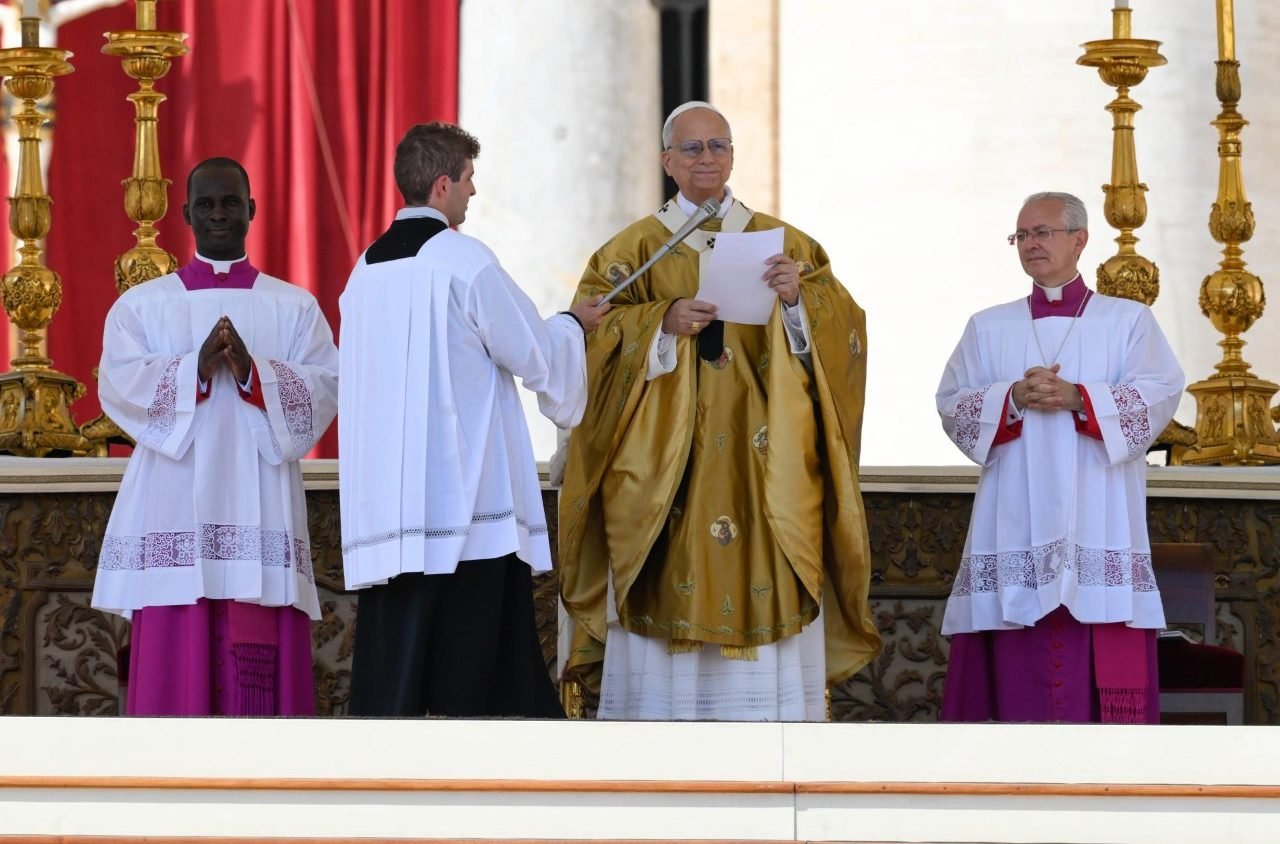St. Paul property owners would see a 5.3 percent increase on their city taxes in 2026 in a budget proposed Thursday by Mayor Melvin Carter.
The $887 million budget proposal includes that increase toward the city’s $232.5 million property tax levy.
“This budget reduces spending across departments, strategically leverages vacancies, and avoids layoffs — while still finding ways to ease the cost of living for our residents,” Carter said during his budget address at Allianz Field.
The budget freezes hiring for some open positions, cuts some hours for park centers and uses funding to help address a housing shortage in the city.
Carter used the budget address to also point to the city’s drop in crime.
“When homicides spiked nationwide two years ago, we doubled down with urgency,” he said. “We said then that we would make St. Paul the best place to find opportunity and a second chance — and the worst place to fire a gun. And we are making good on that promise.”
Carter added that homicides are at a 10-year low, cases of gunshots fired are down 29 percent and aggravated assaults are down 30 percent.
But the mayor acknowledged the city is facing a growing issue with fentanyl and opioid use.
“It is the greatest drug crisis of our lifetimes, fueling unsustainable quality-of-life challenges downtown and in our neighborhood corridors,” he said.
The budget proposal adds $1 million to a city opioid response program.
As downtown St. Paul has faced a number of businesses and even buildings closing, Carter also proposed investing $10 million in housing, including $5 million for office-to-housing conversions and $1 million to support local businesses.
He says housing is a priority across the city.
Carter also says the city will launch a new permitting and licensing system in hopes of speeding that process up for residents and businesses.
This fall, he will face off against four other candidates for his job.
Yan Chen, a scientist, is among those running for the seat. She said after Carter’s budget proposal that she worries the city will try to lure new housing with tax subsidies.
“This is going to be cost ineffective, and in the long term, going to shrink our city tax base and without solving the affordable housing issue,” she said.
State Rep. Kaohly Her, DFL-St. Paul, who is also running, said she applauds Carter for looking at ways to cut, but she says the city should be increasing funds for first responders, while cutting elsewhere.
“Our city needs investment in our communities to get development moving again, funds for our first responders whose budgets are stretched to the limit, and support for building more housing so we can expand our tax base,” she said in a statement.
The mayor’s proposal is one of three property tax hikes that St. Paul property owners could see in 2026. The Ramsey County Board is looking at a budget that would increase property taxes by 9.75 percent next year, and the St. Paul School Board is asking voters to approve a 10-year $37.2 million per year levy this fall.
Carter also used the budget address to propose stricter gun laws in the city in the wake of the shooting at Annunciation Catholic School and Church. He said he’s already gotten support from City Council members to act.
“We’re going to work together to pass a city ordinance that includes four simple common-sense protections, that bans the public possession of assault weapons, that bans binary triggers, that bans guns in recreation centers and libraries, and that requires every firearm to have a serial number,” he said.
Carter acknowledged that the city can’t enforce these changes unless the Legislature gives them permission to do so.
“We’ve asked our state Legislature, if they can’t pass a ban, if they can’t pass those laws, to at least lift the preemption so that we can,” he said.
The proposed budget still needs to be approved by the City Council.




